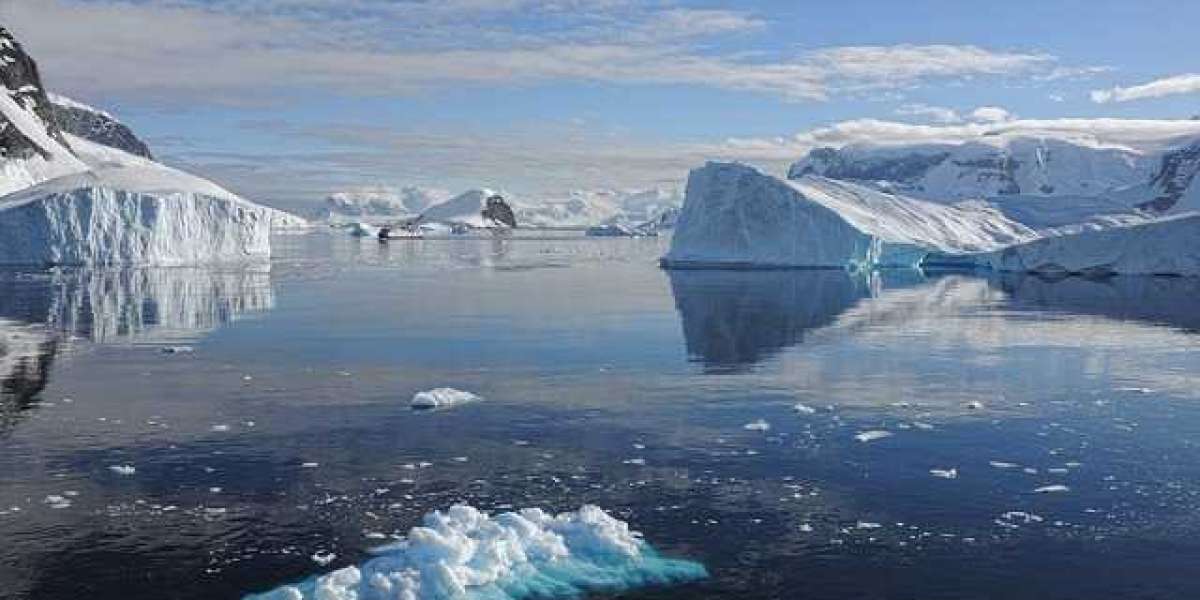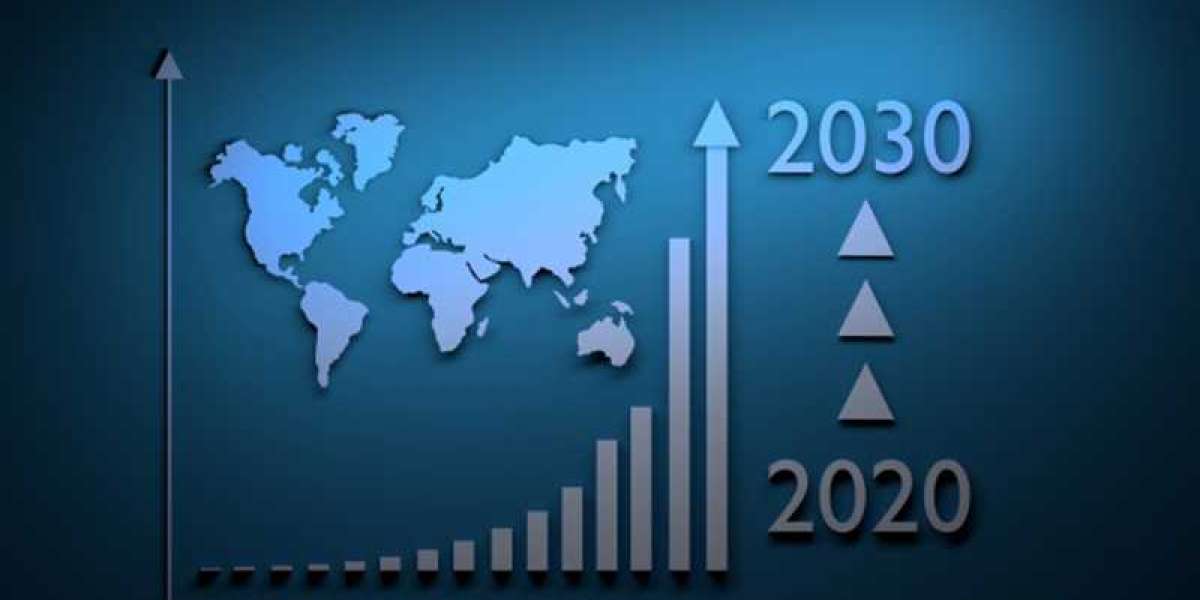It is already known that there are microbial enzymes that break down plastic, and they are often found in bacteria in landfills and similar places full of plastic.
Previous research has scanned more than 200 million genes found in DNA samples taken from the environment and found 30,000 different enzymes that can break down ten different types of plastic.
Argentine researchers have used tiny microbes that eat waste, creating a natural system for cleaning up pollution caused by diesel, which is used as a source of electricity and heat for research bases in frozen Antarctica.
The continent is protected by the Madrid Protocol of 1961, which stipulates that it must be kept intact.
Research into how microbes could be useful when it comes to plastic waste is material for studying larger environmental problems.

Domestic microorganisms
"In this work, we used the potential of domestic microorganisms - bacteria and fungi that form Antarctic soil, even when it is contaminated, and these microorganisms eat hydrocarbons and oil," said biochemist Dr. Lucas Ruberto. "What is contaminant to us can be food to them."
“Hydrocarbons are organic compounds composed only of carbon and hydrogen atoms and are found in a number of places, including crude oil and natural gas,” he explained. “This type of microorganism essentially eats oil-like compounds and uses them as fuel. Similar microorganisms have already played an important role in breaking down oil slicks, such as the one in the Gulf of Mexico in 2010. ”
In December, Ruberto and fellow scientists traveled to Carlina, one of Argentina's six permanent bases in Antarctica, and was forced to undergo quarantine to prevent potential transmission of coronavirus to the continent, which has previously been isolated.
Bioremediation - cleaning of soil contaminated with diesel
Members of his team performed bioremediation, which includes cleaning the soil contaminated with diesel, using indigenous microorganisms and plants, and thus removing about 60 to 80 percent of the pollution.
Dr. Ruberto said members of his team helped microbes with nitrogen, moisture and ventilation to optimize their operating conditions.
"Basically, we achieve that microorganisms, with very little impact on the environment, biologically reduce the level of pollutants," Ruberto explained.
He and colleagues began researching how microbes could contribute to the cleaning of plastic waste elsewhere in the world.
Both fuels and plastics are polymers, so molecules made up of long chains of mostly carbon and hydrogen. "One of our projects this year is looking for indigenous microorganisms capable of degrading plastics," said Nathalie Bernard, a biochemist and biodegradable plastic specialist.
“If we find that plastics are indeed successfully degradable, the next step is to understand how this goes, in order to find a long-term way of the biotechnological process of degrading polymers at such low temperatures,” Bernard said.



